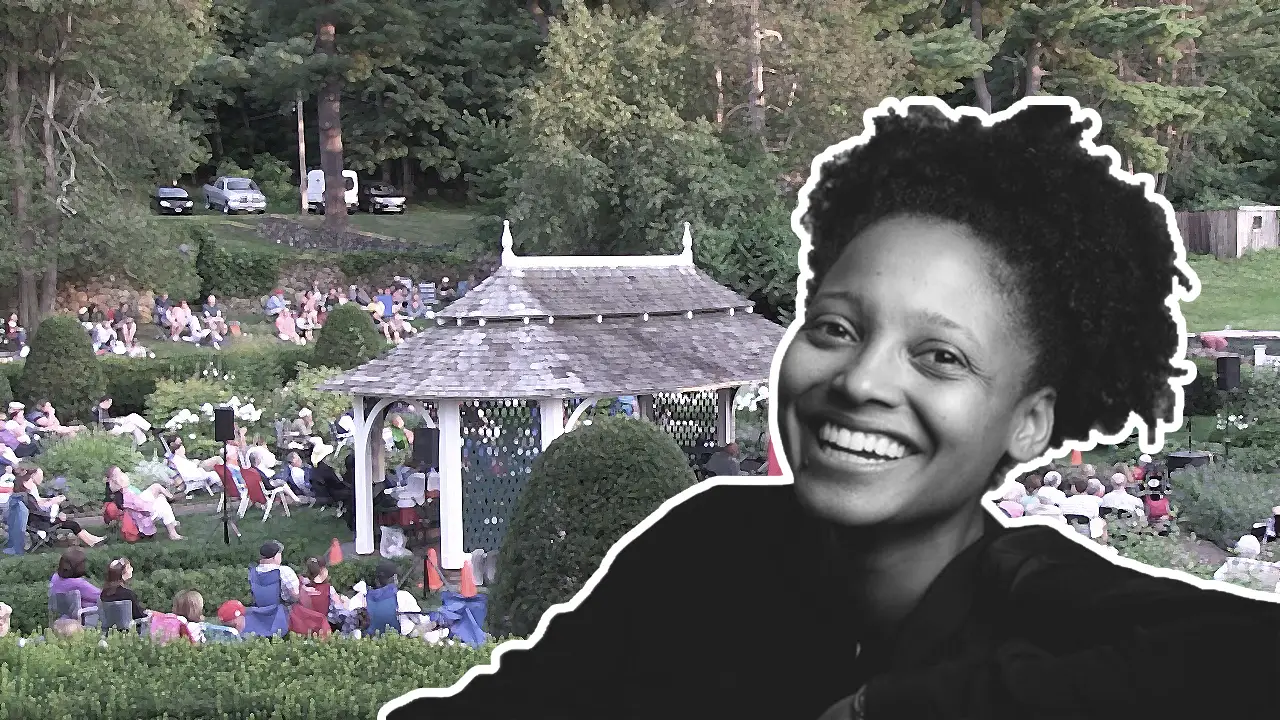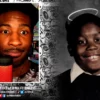[dropcap size=big]S[/dropcap]ix hours from my hometown of Farmington, Connecticut, I stood in line to have my copy of Wade in the Water signed by the U.S. Poet Laureate Tracy K. Smith. When I handed her the book, I was immediately surprised when she asked, “Have we met before?”
“Yes,” I said quickly, “You spoke at Canisius College in Buffalo in 2014, and it was my first event as an English major.” It took no time for me to start rambling, and being such a big poetry fan, I was awestruck. I don’t really remember all of what I said.
I’d never met a writer of her renown before, and I remember being unsure of myself…Yet, most aren’t so lucky, especially if they don’t live in large metropolitan areas.
I do know Tracy K. Smith told me she wasn’t always good with names, but she could do faces. She signed my copy “with delight in seeing you again,” and I held myself back from screaming as I thanked her profusely.
It had been four years since I met her, a shy 19 year-old just starting my studies of literature, with not yet even one creative writing class under my belt. I’d never met a writer of her renown before, and I remember being unsure of myself. I was lucky that I knew that the farther I would go in my program, the more ‘normal’ this would be for me. Yet, most aren’t so lucky, especially if they don’t live in large metropolitan areas.
This is a challenge that our recently re-appointed poet laureate has taken on during her tenure in this position. The Sunken Garden Poetry Festival was just one of many stops in non-metropolitan communities across the country. Due to its proximity to Hartford, I’d also guess it was one of the closest to a city.
Where’s she going?
The tour began in New Mexico, with stops at the Cannon Air Force Base and the Santa Fe Indian School. In one day, Smith met with both commissioned Air Force officers and young children of Native American descent, two very different populations, especially in today’s world. From there, she was off to Colorado and then Kentucky before delving even farther into the South. Then, she’s worked her way back up north, as evident in her visit to Farmington.
Smith’s adventures have not necessarily been about spreading one political agenda or another; rather, she’s sought to bring poetry to communities that might not otherwise experience it.
Smith’s adventures have not necessarily been about spreading one political agenda or another; rather, she’s sought to bring poetry to communities that might not otherwise experience it. Her newest collection, Wade in the Water, draws its name from a spiritual sung by slaves during the Civil War, and the collection includes excerpts from letters between Civil War soldiers woven into Smith’s poetry. There’s even an erasure poem of the Declaration of Independence.
Building a necessary foundation
Much of the foundation of world literature began in verse. Think of those long poems like Beowulf, The Epic of Gilgamesh, and The Odyssey – all epic poems.
I touched before on the importance and intimacy of small venues in terms of musical artists. In venues like that, there’s the focus on music. Likewise, Smith is trying to bring a similar focus – this time on poetry – to areas that may not otherwise be able to interact with the medium.
Poetry can be very intimidating; I studied it and held that same preconception until I became more comfortable. It’s important, though. Much of the foundation of world literature began in verse. Think of those long poems like Beowulf, The Epic of Gilgamesh, and The Odyssey – all epic poems. It’s crucial that people have some understanding of poetry, or at least are open to it. That’s why it’s so important that Smith bring this sort of education to communities that might not otherwise be able to celebrate it.
I think that most people would agree that education should be a foremost priority, and I certainly know that all those who are literature-oriented would agree that the humanities don’t get enough credit for the effect they have on making people more empathetic. Tracy K’s poetry exemplifies empathy better than most poets, and being able to bring that to communities and foster that trait in those of all ages. At the Sunken Garden Poetry Festival, I saw quirky old women who had taken BYOB very seriously, and I saw young children who probably didn’t know how lucky they were to listen to the Poet Laureate.
…the humanities don’t get enough credit for the effect they have on making people more empathetic.
Smith finished her reading by moving from talking about history to the idea of devising a new myth. Personally, I think that there’s nothing that moves people more than a story, and our literary history exists quite literally because of the way that people have passed down stories from generation to generation. Now, as Smith says, it’s time to “write the new myth we need right now.”





